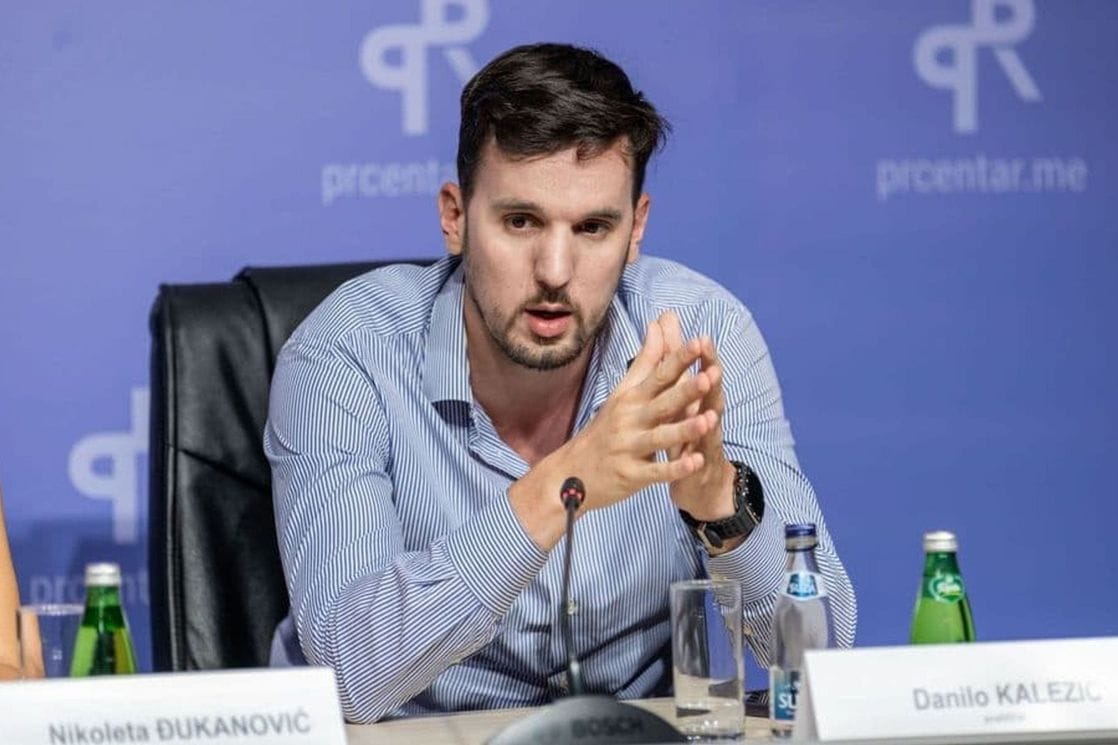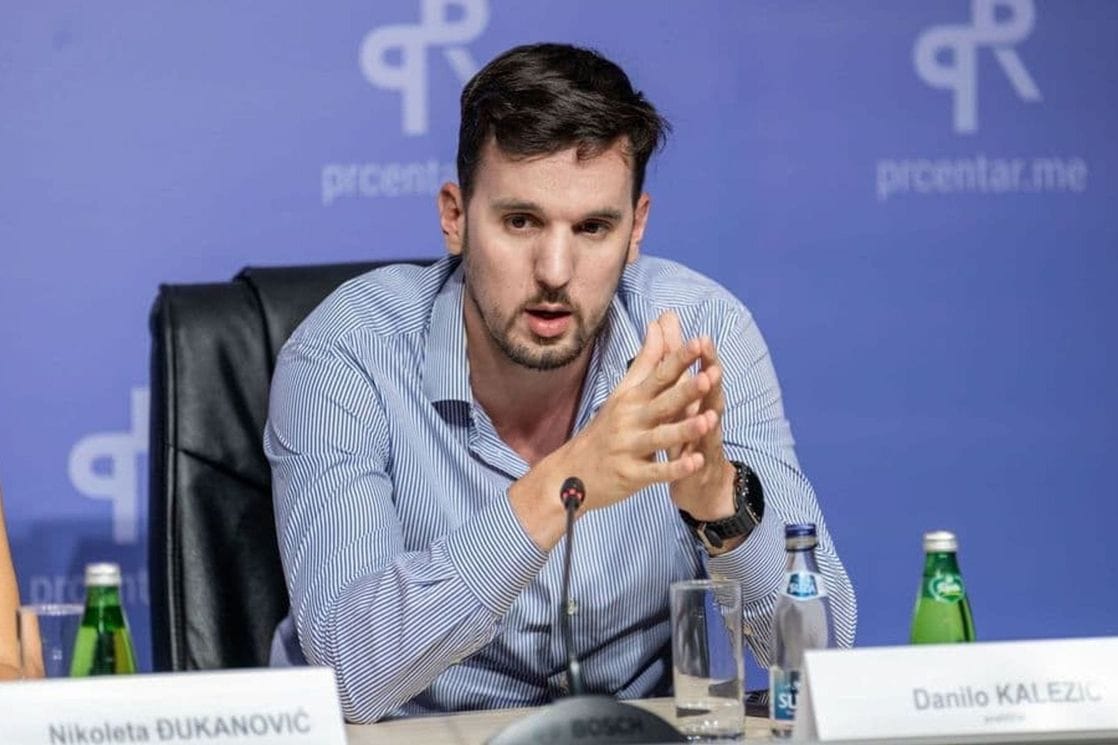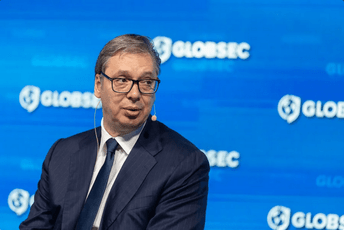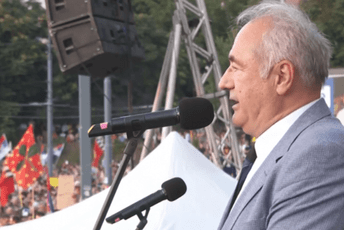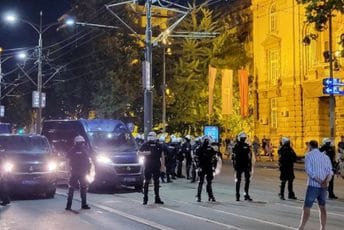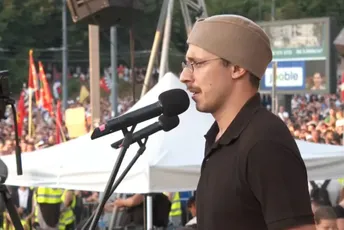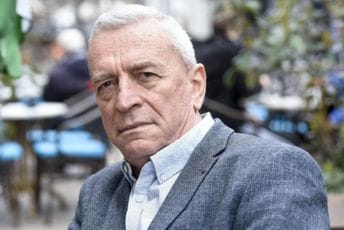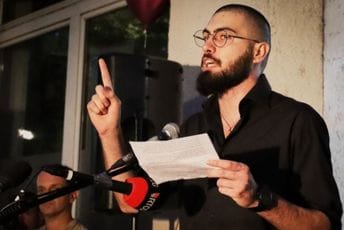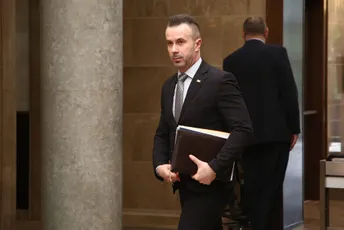Belgrade is once again at the heart of political drama, but not because of real change, rather a mere replacement of faces while old problems pile up. Serbian nationalism, backed by Russia, remains a burning threat to peace in the Western Balkans. The Vidovdan protests showed that the majority of Serbia refuses to give up on grand nationalist ideas, and Aleksandar Vučić’s regime is entering a phase of permanent crisis. Local fires of discontent receive inadequate responses, and the government often resorts to violence and repression. The question is who will be the alternative to the ruling ‘Naprednjaci-Radicals’ coalition, as the opposition and student groups lack coordination. History teaches us that changes in Belgrade have often been cosmetic, not substantive. While the region, especially Montenegro, struggles with its own issues, Belgrade faces fatigue and tensions that lead nowhere. The Vidovdan protest is just another sign that ideological conflicts are not calming down but deepening. In such an atmosphere, the question arises whether the international community will have the strength to help de-escalate or if the protest messages will only tighten Vučić’s embrace with Russia. All this while citizens wonder when real change, not just a change of faces, will finally come. Got thoughts on this mess? Drop a comment — maybe your word will spark a new story.
Belgrade on the Edge: Nationalism, Protests, and Vučić’s Crisis of Power
